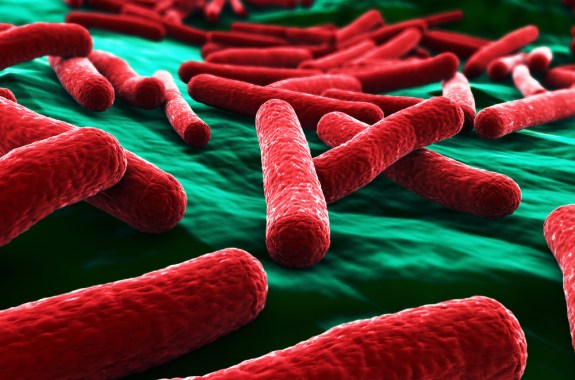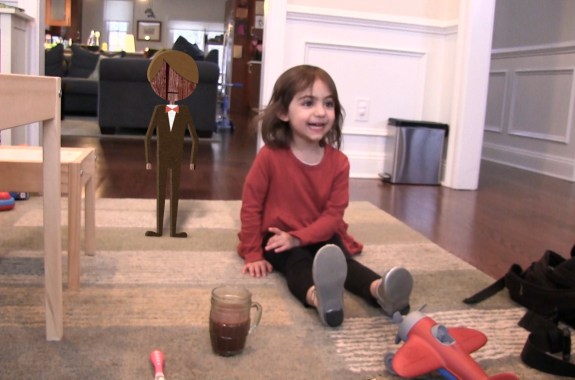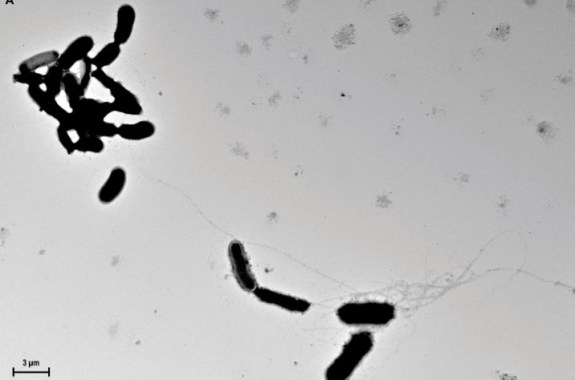Christopher Intagliata was Science Friday’s senior producer, which means he was chief cheerleader for all the radio and podcast projects. He helped to select and shape stories, or put them to a gentle death if necessary. He was also the coordinating producer for Science Friday’s live stage events around the nation, and has skated Olympic ice and served as a prop in an optical illusion for SciFri.
Christopher started at Science Friday as an intern in summer 2008, until the day Ira Flatow called him at home, triggering enormous anxiety about the latest script he’d written, to ask if he wanted to be a producer. His favorite stories usually involve microbes or food or both, but anything can pique his interest—other than ocean chemistry. Sorry.
He also reports regularly for Scientific American‘s “60-Second Science” podcast, and was a 2015 Woods Hole Ocean Science Journalism fellow. Prior to becoming a science journalist, he taught English to soldiers and bankers in Verona, Italy, and traversed the Sierra Nevada mountains as a field biologist, on the lookout for mountain yellow-legged frogs. He speaks fluent Italian, awkward Japanese, and passable Ira Flatowese.
He is now an editor for All Things Considered.
12:02
Crowdsourcing Data, While Keeping Yours Private
“Differential privacy” allows companies to randomize user data, preserving individual privacy while pulling out larger trends.
8:11
Zika Vaccines Ready for Testing, While Yellow Fever Shots Fall Short
Several vaccines for Zika virus have triumphed in animal tests and are now ready for human trials, but stores of vaccine for another, older tropical disease are running out.
11:59
Supercomputer Rankings, ‘Frankenturtles,’ and Psychology of Self-Driving Cars
China tops the list of the world’s most powerful supercomputers, and the psychological toll of autonomous vehicles.
10:16
Heat Waves Make for Less Friendly Skies
Extreme heat affects an airplane’s lift during takeoff and landing, due to reduced air pressure, and some experts say climate change could result in more weight restrictions on flights.
17:11
Forecasting the Revolution in Human Reproduction
In “The End of Sex and the Future of Human Reproduction,” Hank Greely explores the legal and ethical frontiers of human reproductive technology.
17:20
What We Do (And Mostly Don’t) Know About Guns
The CDC doesn’t study effects of firearms. Here’s what researchers have to say about that.
24:32
Tracing Light to Map the Cosmic Darkness
Two astrophysicists are creating maps and images of the hidden side of the universe: dark matter and black holes.
33:33
Old Ideas May Help Us Fight New Superbugs
Researchers are reviving ideas from the pre-antibiotic age to fight drug-resistant bacteria.
8:51
What Imaginary Companions Tell Us About Our Kids
Imaginary companions help kids develop a “theory of mind,” says psychologist Tracy Gleason. And those make-believe friends give parents a window into their child’s world.
17:11
Could Brain Infection Set the Stage for Alzheimer’s?
A provocative new study suggests that infection may spur the buildup of amyloid-beta, and that Alzheimer’s disease could be a toxic side effect.







